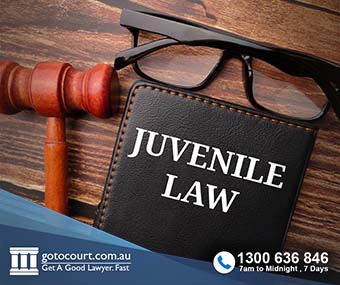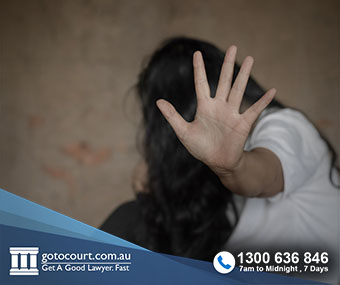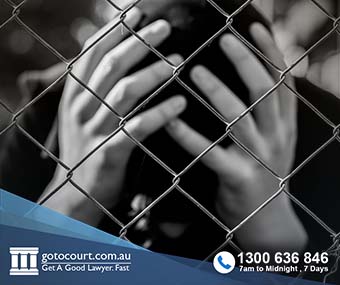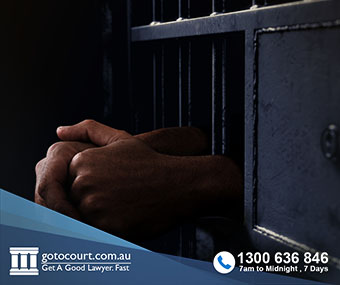Call our lawyers
now
or,
have our lawyers
call you
Youth Detention (Qld)
Updated on Dec 23, 2022 • 4 min read • 349 views • Copy Link
Youth Detention (Qld)
Young offenders aged between 10 and 18 can be sentenced to a period of detention if they are found guilty of an offence or remanded in a youth detention centre if they are refused bail. There are two youth detention centres in Queensland, the Brisbane Youth Detention Centre in Wacol and the Cleveland Youth Detention Centre in Townsville.
When a young offender is being held in detention, they are provided with educational and medical services and are allowed to make phone calls and send letters. Family, friends and professionals may visit children in youth detention, but visits must be arranged in advance. Visits are permitted every day of the week, during specified hours.
Alternatives to youth detention
As the rehabilitation of the young offender is the paramount consideration when sentencing a juvenile for a criminal offence, sentences of detention are imposed by the Children’s Court only as a last resort when more lenient sentencing options are inappropriate.
Non-custodial sentences for juveniles include Good Behaviour Bonds, fines and community-based orders.
Age of criminal liability
A child below the age of 10 cannot be charged with an offence as the age of criminal liability is 10 in Queensland as in all Australian jurisdictions.
Turning 18
If a young person turns 18 while serving a custodial sentence, they will be transferred from the youth detention centre to an adult prison. However, this will not occur if they have less than six months left to serve after their eighteenth birthday.
If a young person is in youth detention on remand when they turn 18, they will remain in youth detention until they are sentenced or the charge is dismissed.
Prior to 2018, Queensland law permitted 17-year-olds to be imprisoned in adult correctional facilities. In February 2018, the law changed, requiring 17-year-olds to be detained in youth detention centres. 17-year-olds who were in adult prison at that time were transferred into youth detention.
Human rights
Australia does not have a bill of rights but is a signatory to the Convention of the Rights of the Child, which sets out the entitlements of children, including the right to privacy, freedom of religion and the right of a child not to be separated from its parents.
Children in youth detention must not be treated adversely because of their race, religion, gender, sexuality or disability.
Children in detention must be allowed to see a doctor, nurse or mental health professional when they need to. They must be given the opportunity to go to school or complete training while in detention and to participate in programs to help with their rehabilitation.
Complaints
A child in detention or the parent of a child in detention can make a complaint about something that has happened while the child has been in detention. A complaint can also be made about a particular staff member or about another young person in detention. Complaints can be made in person, by phone or by filling out a complaint form.
A young person who has been released from detention can make a complaint about something that occurred while they were in detention.
Law reform
A 2016 report on Queensland’s youth detention system found that the centres were understaffed, that staff were inadequately trained and that security was poor, with CCTV cameras frequently being covered over by detainees. The report acknowledged that young people in detention are frequently the victims of complex trauma and that this should be born in mind when implementing the reforms it recommended. The Queensland government has spent millions of dollars on improving its youth detention centres since this report was tabled.
Controversy has surrounded youth detention around the country in recent years after poor conditions and mistreatment of detainees in the Northern Territory’s Don Dale Detention Centre focussed public attention on this issue.
Children’s rights advocates have been calling for Australia to raise its age of criminal liability, arguing that criminalising young people and sending them to youth detention further disadvantages marginalised communities and increases the chances of recidivism later in life.
Opponents of incarceration generally have long been calling for justice reinvestment to be practised as an alternative to imposing punitive custodial sentences. Justice reinvestment is a criminal justice model where funds are directed back into the communities offenders come from to create infrastructure and supports, rather than being spent on correctional facilities. Justice reinvestment initiatives have been trialed in some communities around Australia.
If you require legal advice or representation in relation to a criminal matter or any other legal matter, please contact Go To Court Lawyers.


Affordable Lawyers
Our Go To Court Lawyers will assist you in all areas of law. We specialise in providing legal advice urgently – at the time when you need it most. If you need a lawyer right now, today, we can help you – no matter where you are in Australia.How It Works








1. You speak directly to a lawyer
When you call the Go To Court Legal Hotline, you will be connected directly to a lawyer, every time.


2. Get your legal situation assessed
We determine the best way forward in your legal matter, free of charge. If you want to go ahead and book a face-to-face appointment, we will connect you with a specialist in your local area.


3. We arrange everything as needed
If you want to go ahead and book a fact-to-face appointment, we will connect you with a specialist in your local area no matter where you are and even at very short notice.











